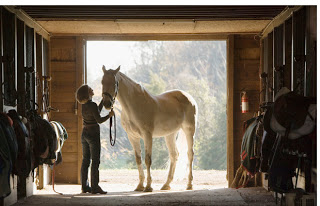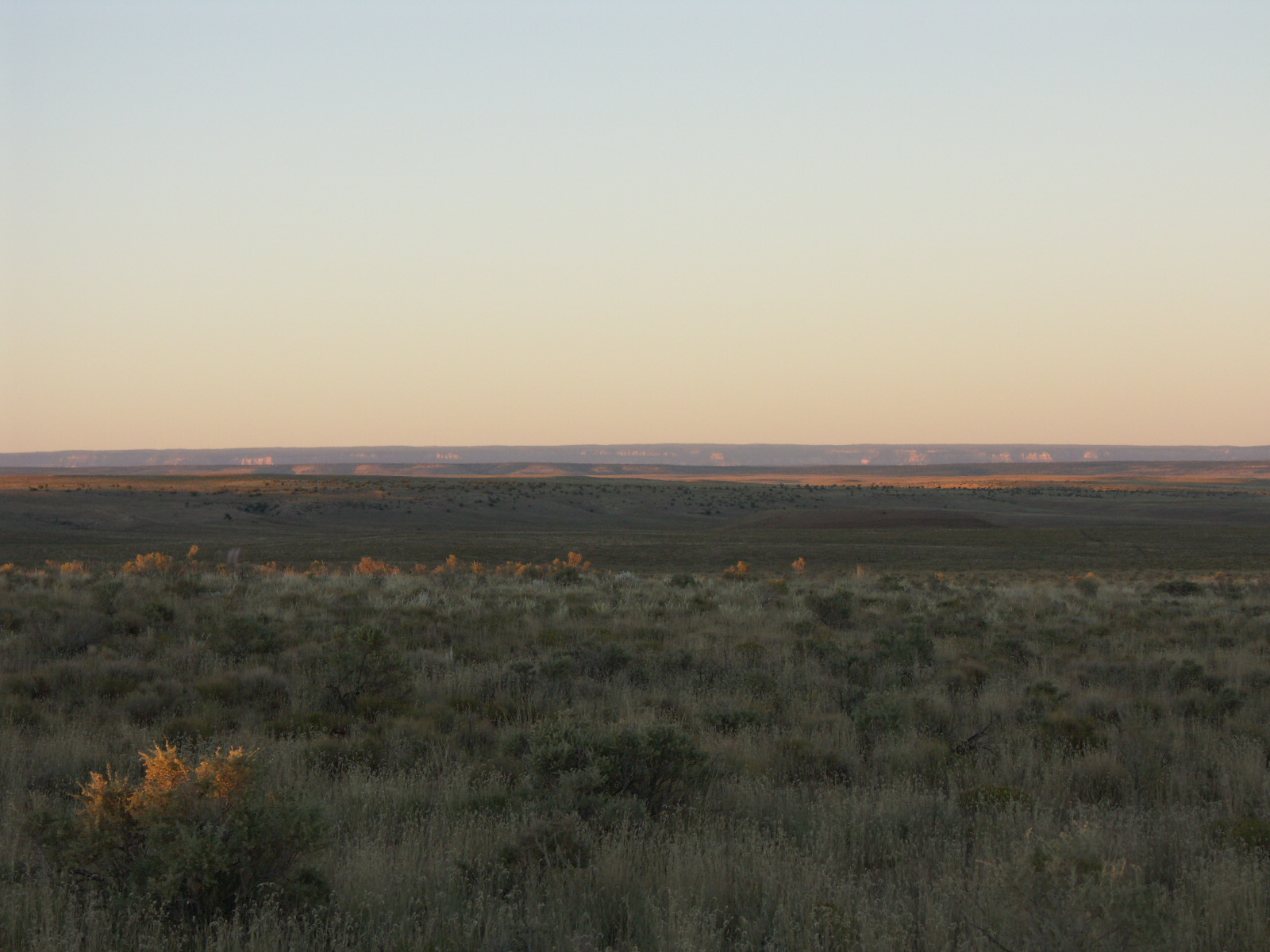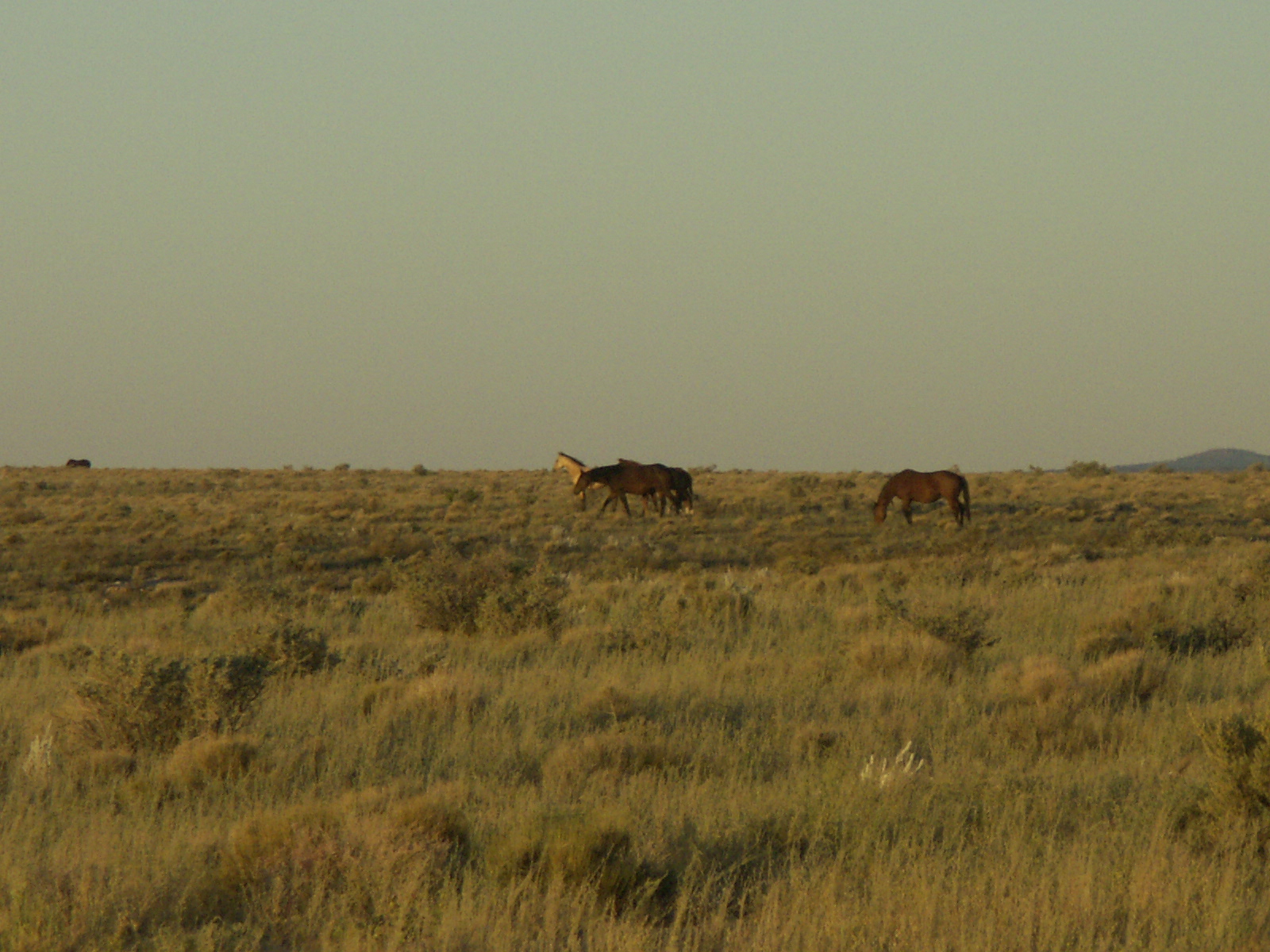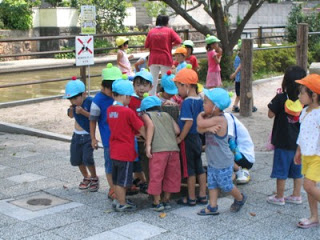June, July, August, October
Ok, so yes, I realize I have broken a fundamental rule of blogging; that is to blog regularly and often. And yes, I realize I missed a WHOLE MONTH! I haven't given you a book selection. What have you been reading?!
What's wrong with me?
(Oh -- that's a whole 'nother blog for a whole 'nother day.)
In the meantime, here's what happened in September:
Chroicoragh and Keira started training with Linda Storey-London, a Dressage trainer. She is teaching them to:
- Pay attention to whomever is working with them (I'll have her work on my kids next);
- Start and stop on cue, in a "snappy" fashion (When I say whoa, I mean whoa);
- Offer their feet freely when asked (Chroi has been used to giving me her feet, for grooming, but wasn't happy about it. Now she is more willing); and
- Being more "supple." In dressage:
Its fundamental purpose is to develop, through standardized progressive training methods, a horse's natural athletic ability and willingness to perform, thereby maximizing its potential as a riding horse. At the peak of a dressage horse's gymnastic development, it can smoothly respond to a skilled rider's minimal aids by performing the requested movement while remaining relaxed and appearing effortless. (from Wikipedia)
Linda works so well with the horses, and is exactly what I have needed in a trainer. I'm sure part of my problem has been my own lack of self-confidence when working with them, and Chroi and Keira can tell that I'm not in charge, so they naturally take over. It's a basic behavior, and how they achieve their hierarchy in the herd. That way, the leader takes over, and in a natural setting, protects the herd and maintains order.
 |
| No, that's not Chroi. Can you tell I like gray horses? |
This very example of herd behavior is sometimes lost on those who are used to seeing horses in a domestic situation, especially a training barn where all the horses have their own stalls, are turned out periodically for exercise, or to work with their riders and trainers. Everything is controlled by the humans, who are then -- for all intents and purposes -- the "herd" leaders. This is the basic principle of working with horses. I mean, a horse can weigh upwards of a thousand pounds. The only way to have any control over it is to assume the position of its leader, and the horse works with you willingly. Through a process of building trust, the trainer establishes an understanding that he or she is the dominant, or alpha member of the herd, and the horse naturally goes along with it.
That is the basic principle, but it is easier said than done. Especially with a horse that already thinks SHE is the boss. Anyway, it's why I've decided to go with a trainer rather than pull my hair out trying to figure it out for myself.
 |
| The Grand Canyon in the distance |
BUT one of the cool things we did in September was take another "let's get the heck out of here" weekend trip to the otherlands of our great state. This time we headed up north. Off a side road that thousands of visitors pass daily on their way to the Grand Canyon, we found high desert peace and solitude.
We rode over miles and miles of gravel roads, looking at sage, power lines and cattle. And horses. Ranchers in the area turn their horses out to graze freely, and even though the horses are domesticated, on the range they revert to wild herd behavior. Now, as hunters, we are often privileged to view wild species like elk and antelope in their natural herd setting, but it's just neat to see animals -- like horses -- that you are so used to seeing in a controlled environment, in their more wild state.
 |
| Wild-domestic-free-range-horses |
At one point on our route, we have to pass through a gate next to a ranch house. There are corrals and feeders, and this is where the cowboys bring in the cattle for round ups, branding, vaccination, castrating, and finally, shipping off to become your next BBQ. Yum.
Anyway, as we pulled up to the gate, I noticed a small herd of horses trotting towards us. They must keep their ears open for the sound of the rancher's truck, and know that it could possibly mean a handful of grain, fresh hay, or some type of break from the dry grasses and sage they normally browse. At the head of the line, the alpha mare led the rest of the group into the corral area, where they expected... something, I don't know what, and I was disappointed not to have anything for them.
It was so interesting to watch them, though. As they trotted toward the gate, a few of them got out of line, and tried to get ahead of her, and she put them back in their place. Once in the corral, they fought with each other for rank, as to who would be where in the space, nipping and nudging, giving little warning kicks.
Have you ever watched a class of first-grade school children waiting in line for the water fountain? Pushing, shoving, giving each other dirty looks, trying to get to the front. It's a lot like that. And it reminded me that I need to be the teacher at the front, not the fourth kid in line with my finger up my nose.



